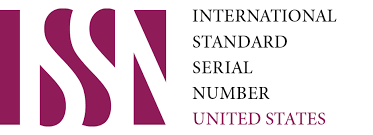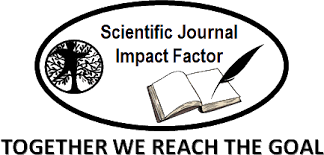The Connection between Phrases and Linguoculture in Comparative Study
DOI:
https://doi.org/10.62480/tjpch.2024.vol30.pp19-21Keywords:
Linguoculture, phrases, phraseological compounds, comparative studyAbstract
The correlation of phrases with linguoculture in a comparative study is a fascinating area of research within linguistics. Phrases are linguistic units that consist of two or more words whose meaning is different from the literal interpretation of the individual words. These compounds often carry cultural connotations and reflect the values, beliefs, and customs of a particular linguistic community. In a comparative study, researchers can analyze how phraseological compounds vary across different languages and cultures, shedding light on the unique ways in which each culture expresses ideas and concepts. By examining the use of phraseological compounds in various cultural contexts, researchers can gain insights into the underlying values and norms of different societies. Studying the correlation of phrases with linguoculture in a comparative framework can provide valuable insights into the intricate relationship between language and culture, enriching our understanding of both linguistic diversity and cultural identity
References
Sapir, E. (1929). The status of linguistics as a science. Language, 5(4), 207-214.
Lyubov A. Nefedova, (2014) On the use of Interphraseologisms in the Lournalistic Discourse of German and Russian Linguocultures. Pp 130-137.
Orifova, O. J. (2023). O’qituvchining pedagogik faoliyati davomida darslarga innavatsion yondashuvi. Anjuman, 1(1), 1939-1952.
Rayimovna, A. N. (2023). Cultural-intellectual development of students and its didactic conditions. Conferencea, 44-47.
Abdukayumova, N. R. (2023). Pedagogical features of formation of students' creative activity in primary education. Society and innovations, 1(5), 24-28.
Abdukayumova, N. R. (2023). Analysis of the current state of cultural-intellectual development of students. International Scientific Journal Theoretical & Applied Science, 6(122), 174-177.
Guzal, R. (2024). Prospects for Distance Education. American Journal of Language, Literacy and Learning in STEM Education (2993-2769), 2(2), 105-108.
Chunyao Dou, (2019) Comparative Analysis of Phraeological Units meaning “childhood” in Russian and Chinese. Pp 304-307
https://pocenglish.com/advanced-idioms-in-english-advanced-phrases/
https://www.learngrammar.net/a/phrase-examples
Downloads
Published
Issue
Section
License

This work is licensed under a Creative Commons Attribution-NonCommercial 4.0 International License.
User Rights
Under the Creative Commons Attribution-NonCommercial 4.0 International (CC-BY-NC), the author (s) and users are free to share (copy, distribute and transmit the contribution).
Rights of Authors
Authors retain the following rights:
1. Copyright and other proprietary rights relating to the article, such as patent rights,
2. the right to use the substance of the article in future works, including lectures and books,
3. the right to reproduce the article for own purposes, provided the copies are not offered for sale,
4. the right to self-archive the article.












